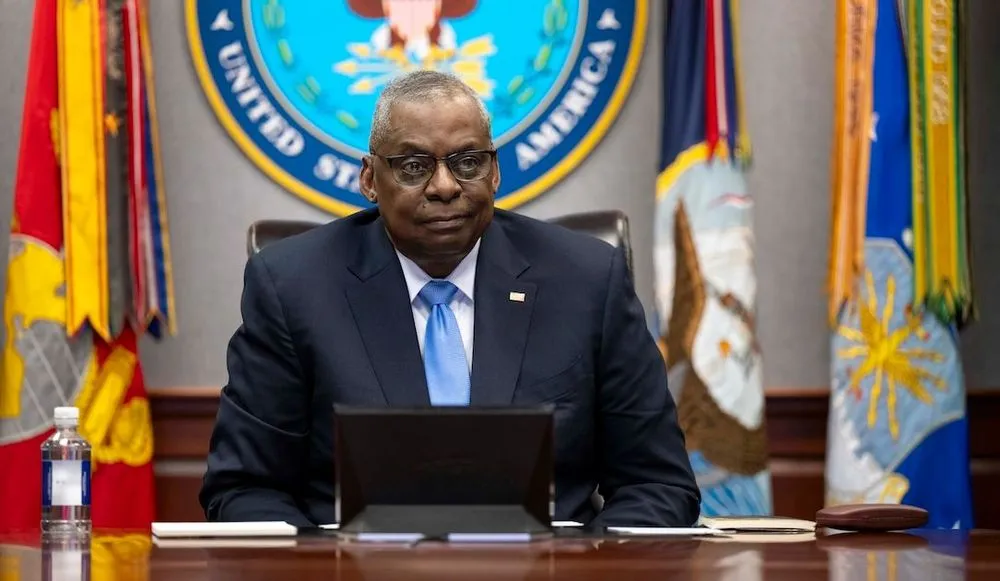Cyber Command overhaul gets Austin’s approval, but plan faces uncertain future
Defense Secretary Lloyd Austin last month approved a restructuring of U.S. Cyber Command, though questions remain if the changes will ultimately improve the digital warfighting organization or withstand the incoming Trump administration.
Austin signed off on the plan, dubbed “Cyber Command 2.0,” on December 18, according to three sources familiar with the matter who requested anonymity because they were not authorized to speak publicly.
Recorded Future News reported last year that, after Congress directed various studies and examinations by the Pentagon in recent years, the command had largely settled on five main proposals to align itself for the future and address some of the problems that have persisted its creation in 2010, such as poor readiness and an inability to keep top-tier talent.
The renovation “really to take us to the next step,” Gen. Timothy Haugh, who heads the command and the NSA, said last year at a dinner hosted by the Intelligence and National Security Alliance.
“We’ve existed as a combatant command for six years. We really built this force 10 years ago,” he said. “We’re really built off of the challenges that we faced between 2014 and 2018.”
Yet sources familiar with the months-long process said the Cyber Command 2.0’s final recommendations fall short of the original, grand vision for the review and instead represent changes on the margin of how the command already operates.
It is unclear when the assessment’s findings will be shared publicly.
Prior to obtaining Austin’s signature, Haugh briefed the Joint Chiefs of Staff in the “tank” — a secure meeting space within the Pentagon — on the 2.0 scheme on November 22, according to two people briefed on the matter told Recorded Future News.
An implementation and resourcing plan is expected to be delivered to DOD within 180 days of the review receiving the greenlight, according to sources.
That effort is supposed to be led by Haugh and Austin’s principal cyber adviser, Michael Sulmeyer, whom the Senate confirmed to that role last year. Sulmeyer is set to leave at the end of the Biden administration, and his deputy, Ashley Manning, is expected to take on the assignment.
However, that, too, could change once President-elect Donald Trump takes office and installs his team at the Pentagon.
Furthermore, sources said, the timing of Austin’s approval, a little over a month before the current administration ends, could prompt the entire 2.0 initiative to be scrutinized, or possibly overturned, by new DOD leadership.
Spokespersons for the Pentagon and Cyber Command declined to comment for this story.
Martin Matishak
is the senior cybersecurity reporter for The Record. Prior to joining Recorded Future News in 2021, he spent more than five years at Politico, where he covered digital and national security developments across Capitol Hill, the Pentagon and the U.S. intelligence community. He previously was a reporter at The Hill, National Journal Group and Inside Washington Publishers.



